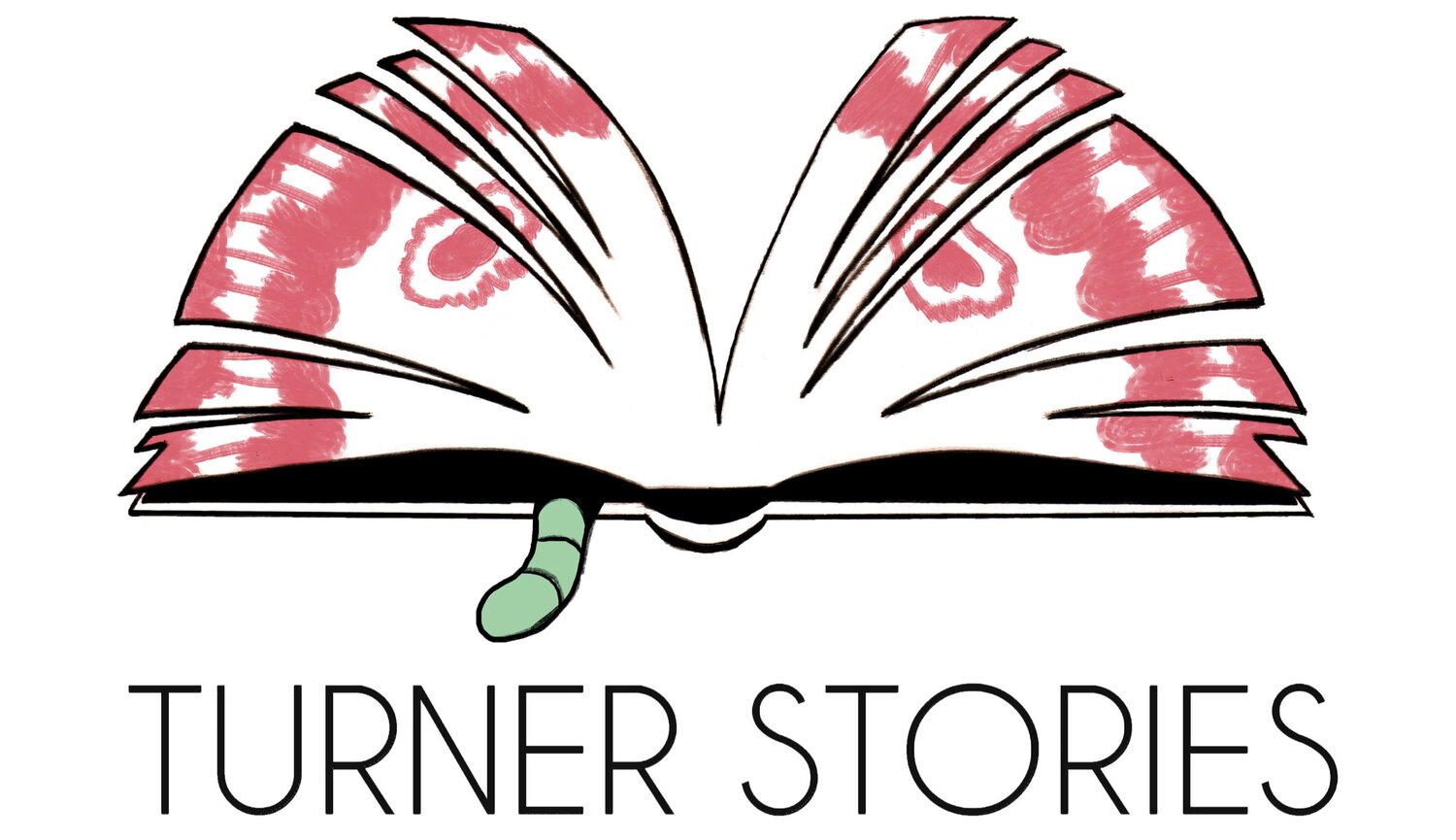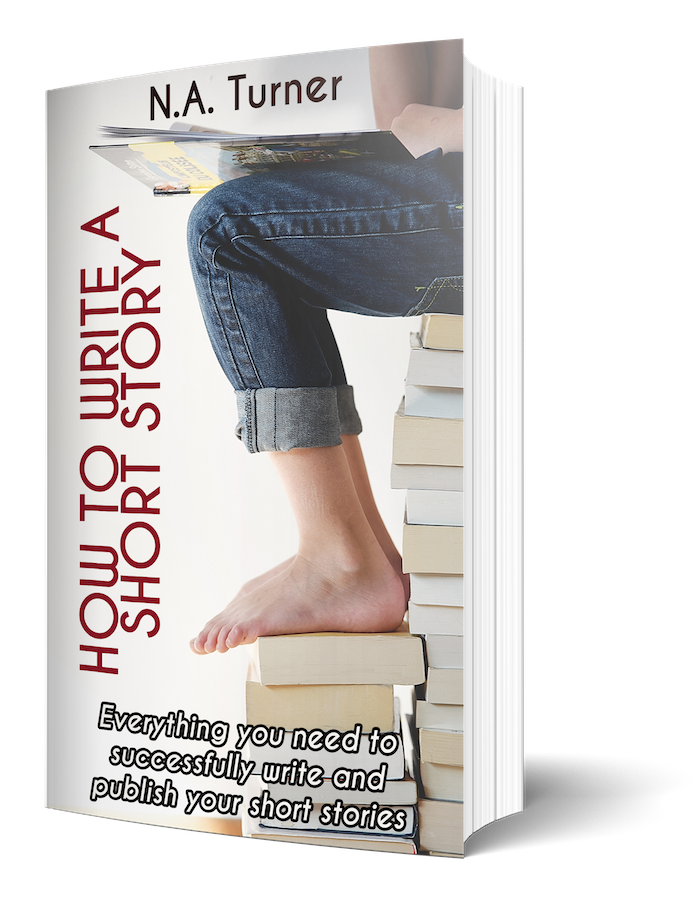How to Determine Your Themes and Genre(s) in Short Story Writing
Part 3: How to Write a Short Story.
mohamed_hassan on Pixabay
“Fiction let us try different mental states and experience other minds in action.” — Lisa Zunshine
When you write a short story, your short story will usually fit into a genre. In addition, you’re dealing with themes fitting to your story, based on issues you hold dear.
Whether you look into this before you begin writing or after you’ve finished, it will help you to determine who you write for as well.
A fantasy reader is often different than a detective fan. (Although they are not mutually exclusive of course).
Readers always assume that a writer was thinking about them when they wrote the story. This is due to the fact that you have such intimate one-on-one contact in a story or novel. How many times haven’t you thought ‘Harry Potter is written for me’, or ‘I went through the exact same things as Holden Caulfield in University’?
First, you must determine what it is you want to say. What bothers you? What do you find intriguing? You have to find one or several themes. However, one theme is usually the best decision when it comes to short stories. It gives you the space to explore and not confuse your readers with other ideas. Try to make a main point.
The theme you want to discuss may perfectly fit in literary fiction or general drama. Sometimes your story idea may fit with other unexplored genres. That’s the fun of short story writing in my opinion. You can play around.
What is it you want to express?
New eBook:
How to Write a Short Story. A complete guide for $3.99 on Amazon.
How to Determine the Theme(s) You Want to Write About
“The bigger and more painful the problem you solve, the better its cultural hook, and the more important and more lucrative your attempt to address it can be.” — Ryan Holiday
Write about themes you’re passionate about. Things that confuse you, make you feel happy, unnerved, sad or angry. Chances are you’ll hit a nerve with people who are passionate about those subjects too.
I’m still experimenting with this. I like to write about human vices and virtues, technological change, futurism, dystopian futures, climate change, basic income, identity, philosophy, etc.
I’ve noticed that a story I’ve written about greed and a Magical Money Tree has struck a nerve with people. My most read story is about putting your troubles in perspective. Basically, stories about our shared human experience (which happens to be the tagline to my stories).
How to Find Your Themes
Ask yourself the following questions:
What bothers you or what do you feel strongly about? This can be both negative and positive. It can be something which upsets you about society, something you’ve seen on the news, it’s up to you. If you want you can list this.
What sort of art strikes a nerve with you? I would like to urge you to read and look around. What types of stories do you feel attracted to? Which writers? What are they talking about? Are there perhaps some exhibitions about particular subjects you like to see in a museum? Which magazines or newsletters do you read?
What subject(s) do you know much about? This can be something you are studying or have studied. It always pays to use one’s experience in a story. John Grisham was a lawyer before he became a writer. Bukowski, well he wrote about what he knew too, haha.
Write down your answers to these questions. Can you find common threads? Have you found multiple angles? Explore!
Approach your themes in an authentic way and don’t be afraid to pour your heart out, if you wrap it in beautiful prose. Hide your messages thoroughly, but leave clues to the reader, it’s like magic.
“Read a lot of poetry; find poetry you really love. Don’t be afraid to imitate it. That’s how we learn most everything in the world — love and imitation. The second part is to seek primary sources, to go out into the world. Go to the art museum, yes, but go out into the forest, too. Pay attention to the world.” - Mary Oliver
How to Determine the Genre You Want to Write in
Ask yourself the following questions:
What genres you like reading? There are dozens of genres. Walk through al library or a bookstore and you see sections like ‘Crime’, ‘Fiction’, ‘SF’, ‘Fantasy’ or ‘Horror’. Or, brows the Amazon store. Have a look at your bookshelf, are there any genres you predominantly read? There are clues to be found here. If you enjoy reading a particular genre, chances are you enjoy writing in that genre too.
What genres are you unfamiliar with but curious about? Read a popular book in that genre. Ask someone in the bookstore or look at bestseller lists. Perhaps you find yourself in a totally new universe and bursting with story ideas!
I usually write fantasy and science fiction stories, but I’ve also tried fables, parables, Christmas short stories, and speculative fiction.
People will inevitably compare your work with what else is out there. There’s a reason that Amazon shows ‘similar to’ products, like so many other companies do. Don’t bother denying it. We humans like to simplify things, form a logical story and put something in a box.
I embraced it since it is also a way to ‘plug’ my work. The stories depicted in the TV-show Black Mirror comes very close to what I write about. When someone asks me what sort of stories I write, I always mention the show. 7 out of 10 times I see an expression of recognition. Boom, placed in a box.
I’m a huge fan of the show as well. The main differences would be that I use more magic and fantasy in my work and that the endings to my stories aren’t as bleak as in the TV-show.
Write For You
Why do I write? Why do you write? For me, there is nothing else that makes me as happy as writing. So, it’s great if you like what you write too. Finishing a story you don’t like is agonizing. Hell, you probably won’t finish it anyway.
Write for you, please yourself with your writing. Make yourself wonder, laugh, cry and explore questions and themes you like. Chances are if you like your stories, there are others with similar taste who will too
“Write to please just one person.” — Kurt Vonnegut
Kurt Vonnegut has it right! Many authors do this. Stephen King, for instance, writes for his wife Tabitha. Funnily enough, for me this depends on the story I’m writing. Sometimes I think of my mom, dad, or a particular friend.
It helps if you think of someone when writing. Somehow your writing gains a type of structure. You will have a specific sense of humor, tone of voice, setting, etc. And again, chances are if that particular person like your story, there are others with similar taste who will too.
Genre Tropes
When I first heard the term ‘tropes’, I had no clue what it was. What is a trope you ask? A trope describes certain common recurring motives, tactics, images, language or even clichés of a particular genre.
Finding out what tropes are common for the genre you like to write in can be very handy. It helps you form your story. You only have to beware that your story doesn’t become a stringed cliché of tropes. Use them to your advantage and provide your own unique twists to them.
Since I predominantly write Fantasy and Science Fiction, I’ll give you a couple of examples.
Tropes for Fantasy:
You follow the Hero’s Journey
There is a wise wizard
The hero is orphaned
The mentor dies at the end
There is a prophecy
Recognized any of your favorite stories yet?
Tropes for Sci-fi:
Aliens invade Earth
Evil empires battle it out in the galaxy
Space exploration
Advanced tech shows a glimpse of a future
The fate of the world is in the balance
You don’t have to use them all and you should especially NOT be a slave to your tropes. Use them, but they’re not leading. Use tropes to serve the reader.
Why do people like aspects of a certain genre? What can a reader gain from it? What emotion does it involve with the reader?
Different genres need different emotions, needs and tropes.
You need to be a chef, not a cook. A chef comes up with something new and is inventive. A cook follows recipes. Create your own dish and serve it as a delicious short story. Off to work!
Join my email list to keep in touch.
Please note: this post contains affiliate links.


